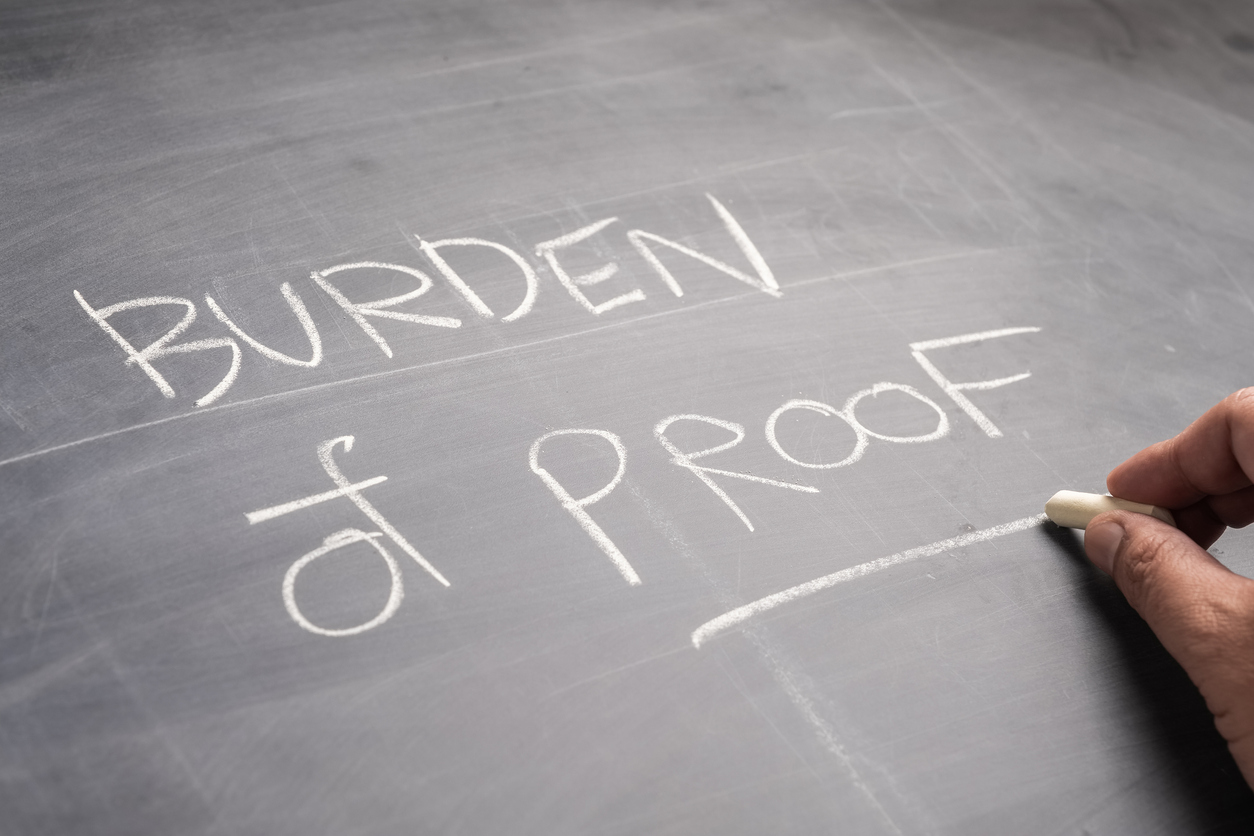A New York policyholder submits to multiple examinations under oath during the investigation of a fire claim before retaining counsel. The question then becomes whether his examination under oath (EUO) testimony is admissible at trial and under what circumstances. A brief survey of my research is summarized below.
Several of my colleagues have posted about EUO-related issues. One post by Jeffrey Greyber discussed a 2010 Florida case which held on the facts presented that the EUO testimony was (a) admissible as a party admission and (b) could be used as evidence and for impeachment purposes at trial.1
New York courts have similarly held that EUO transcripts are admissible as admissions by a party opponent and for impeachment.2 They have recognized that pre-litigation EUOs are admissible as direct evidence to support an affirmative defense that the policyholder was untruthful during the examination in breach of insurance policy.3
Courts in New York have also admitted certified EUO transcripts as business records when sworn testimony was provided by the handling attorney to show that the noticed parties failed to appear at their scheduled EUOs. The court found the transcripts were admissible for several reasons, including the presumptive reliability of unsworn statements made by attorneys as officers of the court; the notary’s certification that the transcripts are true and accurate; testimony that such transcripts were made in the usual course of business; and EUO transcripts are routinely used and accepted by New York courts in motions for summary judgment.4
While these cases answered my questions, the takeaway for policyholders, public adjusters, and others, is that truthful and accurate testimony during the EUO (and entire claim process) are paramount to avoid breaching the policy’s cooperation clause. Any alleged misrepresentations or false testimony could be used by the insurer to deny the claim. Even worse, the EUO testimony could be used in court as evidence of insurance fraud or perjury. Given that sworn statements during the examination can be used to deny coverage, or later used at trial in some jurisdictions, we recommend discussing your rights and obligations with coverage counsel before submitting to an EUO.
_________________________
1 Royal Bahamian Ass’n, Inc v. QBE Ins. Corp., 2010 WL 4123989 (S.D. Fla. Oct. 20, 2010).
2 See Kamenov v. Northern Assurance Co. of Am., 259 A.D.2d 958, 959 (NY App. – 4th Dept. 1999) (allowing defendant to read at trial EUO of plaintiff who made insurance claim); Dlugosz v. Exchange Mutual Ins. Co., 176 A.D.2d 1011 (NY App. – 3d Dept. 1991); State Farm Mut. Auto Ins. Co. v. Thompson, 52 Misc.3d 1219(A)(Sup. Ct., Kings Cty. 2016)(observing that although admissible for summary judgment, EUOs are hearsay and inadmissible at trial unless used for impeachment purposes).
3 See Kamenov v. Northern Assurance Co. of Am., 259 A.D.2d 958, 959 (NY App. – 4th Dept. 1999).
4 Charles Deng Acupuncture v. Titan Ins. Co., 53 Misc.3d 216 (N.Y. Civ. Ct., Kings Cty., 2016).



